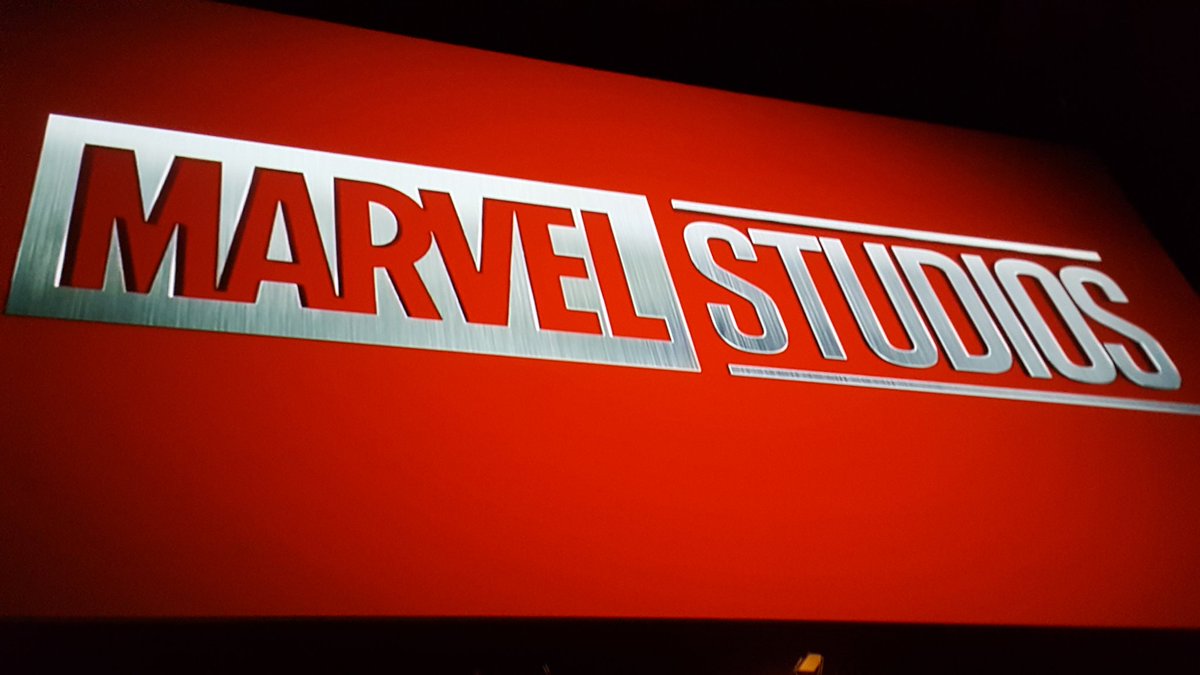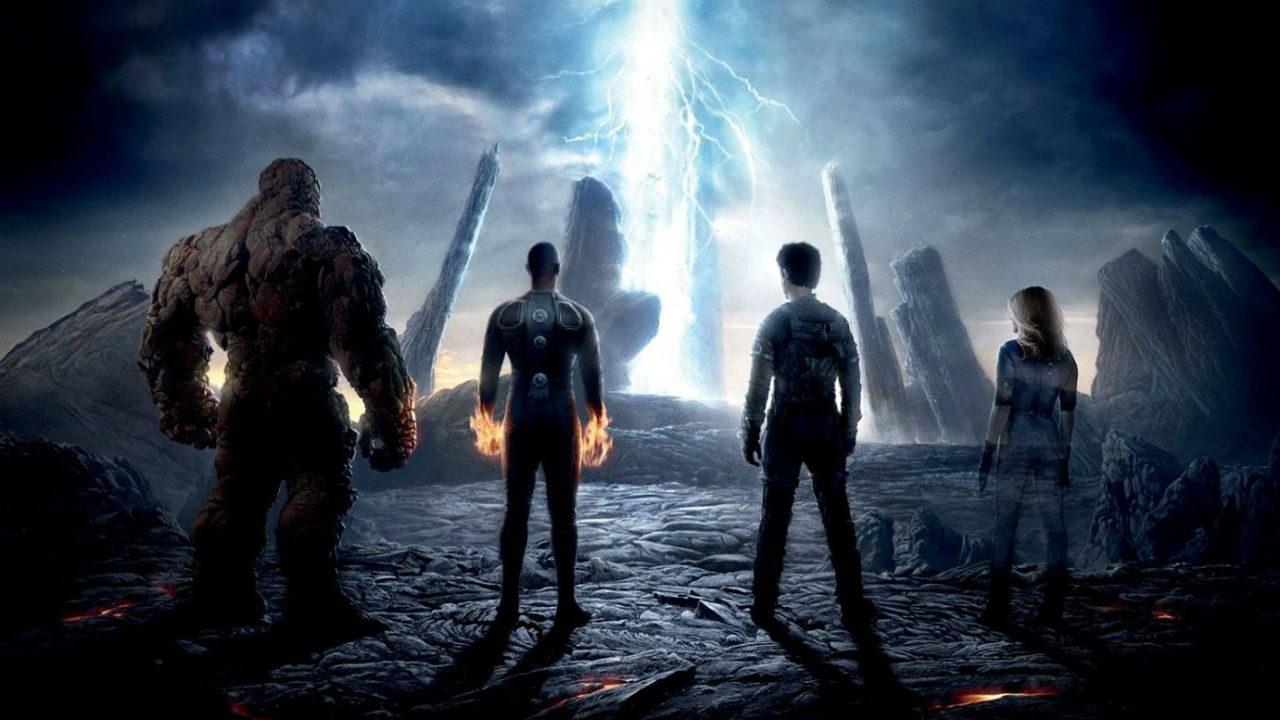When the news broke of the Walt Disney Company’s historic purchase of most of the assets of 21st Century Fox (including 20th Century Fox’s film and television divisions and libraries) for $52.4 billion, the fan in me rejoiced while the consumer side of me faced down the harsh realities of what an unprecedented move like this means. Please allow the nerd in me to explain.
One of the hottest entertainment properties in the world, at this moment, is Marvel Entertainment. This banner includes some of the greatest comic books and characters ever written and, of course, the wildly popular film and television properties based on the comics. Disney has owned Marvel since 2009 and has developed a Marvel Cinematic Universe (MCU) that is not only a huge hit with fans, but critically acclaimed as well. Taking over distribution from Paramount in 2012, Marvel’s The Avengers was the first movie released by Disney’s new division, Marvel Studios. This immediately quelled the fears of a fan base who were almost certain they were going to witness Disney’s magic kingdom logo theatrically precede the adventures of Iron Man, Thor, Captain America, The Hulk, and all of their friends. A success on all fronts, The Avengers ignited a fan base by presenting an ongoing storyline of a big, bad villain named Thanos, while introducing the concept of infinity stones from one of Marvel’s most popular storylines.

This gave fans a reason to see each subsequent release: Iron Man 3; Thor: The Dark World; Captain America: The Winter Soldier; Guardians of the Galaxy; and so forth. Disney even worked out a deal with rival company Sony to share the film rights of Spider-Man, arguably Marvel’s most famous superhero, so he could appear in 2016’s Captain America: Civil War. His presence, as well as the film itself, was a tremendous hit. Fast forward to (almost) 2018 and the upcoming release of Avengers: Infinity War, a film which has already broken the record for most trailer views on YouTube. Yes, this is the film where all of our favorite heroes are going to challenge Thanos as he attempts to procure six infinity stones, and with it, complete and total power over the entire universe—past, present, and future.
Sounds exciting, right? Well, it certainly is for Marvel’s fans, but I kind of lied when I mentioned “all of” their favorite heroes. That’s because rival studio Fox controls the film rights to two of Marvel’s most popular superhero teams: The X-Men (including Deadpool) and The Fantastic Four. Whereas comics fans will note that the ultra-popular antihero Deadpool wasn’t around when the infinity gauntlet storyline debuted in 1991, it may come as a surprise to casual fans that the source material for one of the most popular film series in history is directly related to a six-issue limited series that’s over a quarter of a century old! Naturally, I digress, because it was a storyline that did indeed involve the X-Men (namely Wolverine) and the Fantastic Four, yet a deal could never be reached to place these Marvel superheroes into the MCU. That is, until now.
The Disney acquisition of Fox would definitely change that, although it won’t likely have any effect on Marvel Studios’ output for the next year or so. And still, there’s the Congressional hearings that Democratic lawmakers have called for before this sale officially goes through. Lest we forget, AT&T’s $85 billion purchase of Time Warner in October is still tied up in the U.S. Justice Department, and it likely won’t go through without a few concessions (i.e. either DirecTV or Turner Broadcasting must go). Of course, much to the chagrin of Marvel Comics traditionalists, film fans can tell you that despite some missteps along the way, 20th Century Fox has done a pretty good job with its treatment of the X-Men franchise, with only two films receiving generally negative reviews (X-Men Origins—Wolverine, X-Men: Apocalypse). The other eight have enjoyed considerable success with both critics and audiences alike, particularly two out of the last three installments: 2016’s Deadpool and Logan from 2017. So popular critically (and financially) were these two films, that each one received considerable Oscar buzz. No, not for special effects, but rather for Best Picture! We all know how that worked out for Deadpool in 2017, but Logan isn’t out of the running just yet.

Any Marvel fan will tell you that Fox’s three films based on The Fantastic Four (Marvel’s very first superheroes, as created by Stan Lee and Jack Kirby) have been less fortunate, with 2015’s The Fantastic Four reboot having been universally recognized as downright disastrous, sitting at eight percent on Rotten Tomatoes, the review site’s lowest score for any Marvel film thus far. Accordingly, I think it’s safe to say that Disney can do wonders with this downtrodden franchise. There have been some concerns that the R-rated content that worked to the advantage of both Deadpool and Logan, namely graphic violence and adult language, would ultimately be toned down in a Disney-controlled storytelling environment. Which is why Disney CEO Bob Iger immediately squashed that idea by unequivocally announcing to the media that any subsequent films featuring their off-the-cuff hero Deadpool (including 2018’s Deadpool 2, if it’s under the Marvel Studios banner), would indeed remain R-rated.
There’s also a saturation of Marvel Comics-inspired television shows in release, some controlled by Disney, some by Fox. Disney’s Marvel Studios has long tasted success with ABC’s Agents of Shield, but dropped its first bomb with Marvel’s The Inhumans this past fall. On the bright side, most industry insiders and fans alike agree that these latter characters only reached the small screen (although The Inhumans debuted theatrically in IMAX to much fanfare) as they are the closest superheroes to resemble the mutants of the X-Men, but with a definite shortage of the kick-ass panache we’ve come to love. More successful are Marvel Studios’ Netflix shows, including Jessica Jones, Luke Cage, Daredevil, The Punisher, et al, and The Runaways on Hulu. Not to be outdone, Fox released Legion in February 2017 and recently debuted The Gifted, both shows based off of the X-Men universe and both receiving praise from fans and critics. While the ABC, Netflix, and Hulu shows are technically a part of the MCU, as with Fox’s Marvel films, their television shows are not.
As I alluded to before, this unprecedented merger will change all of that, bringing 99.9 percent of Marvel characters into one continuity. Yes, Sony is releasing Spider-Man spin-off Venom in 2018, but that’s definitely another bridge to cross. Looking at the bigger picture, Disney will own the rights to much more than just those elusive Marvel characters we’ve discussed—in fact, 20th Century Fox’s entire film and television library. We all know that Disney owns the Star Wars brand, but this also gives them control over the entirety of the most lucrative film franchise in history, as Fox stills owns the rights to episodes I thru VI. This would also give Disney control over Fox’s Avatar film series, and very soon the all-time box office top-ten list (save for Universal’s Jurassic World and WB’s The Dark Knight). Is this a good thing? Are monopolies ever a good thing for the people they specifically affect—the consumers? Let’s take a look.
As companies grow bigger, particularly due to acquisitions, the more power they will yield. They can begin to ask any price they desire for particular goods or services. Case in point, while the original Star Wars trilogy (IV, V, VI) can be purchased on Blu-ray (from 20th Century Fox Home Entertainment) at an online retailer such as Amazon.com for under $28, Disney’s Rogue One: A Star Wars Story carries a Blu-ray price tag of $20. Similarly, Fox’s original X-Men trilogy can be purchased on that site along with Deadpool for just $9.99 each, both on Blu-ray. The cost of Marvel’s The Avengers and Captain America: The First Avenger on Blu-ray? Both are priced at $27. Whether you shop online or at Walmart, Disney home media is much more expensive than the products of the other mainstream studios. Even from Sony, you can buy their Marvel Ghost Rider/Ghost Rider: Spirit of Vengeance Blu-ray double feature from either Amazon or Walmart for under $8. Yet, two Marvel Studios releases will cost fans nearly $55 to own?

This isn’t good. I worry about Fox backlog titles that line the bargain bins in box stores being marked up 200 percent or more, possibly even being rebranded as Disney DVD or Blu-ray releases for significant markups. This isn’t to say that all Disney DVD releases cost an arm and a leg. You can find titles from their vast film library such as Follow Me, Boys, and Benji The Hunted online and in stores for less than $6 each on DVD. However, they’re inferior full-screen-only editions of movies that were released theatrically in widescreen, the industry standard since 1953. But DVDs and Blu-rays could likely become the least of consumers’ worries, as Paul Verna from eMarketer has a much-bleaker outlook: “There is no benefit to consumers that I can envision. If anything, the alliance will result in fewer choices and higher prices, since it will consolidate ownership of important content and distribution properties under one roof.” That’s a scary thought. Whereas the Marvel Comics fan in me is elated at the prospect of crossovers ad infinitum, my consumer side is telling me that this may not be such a great idea—for any of us.

